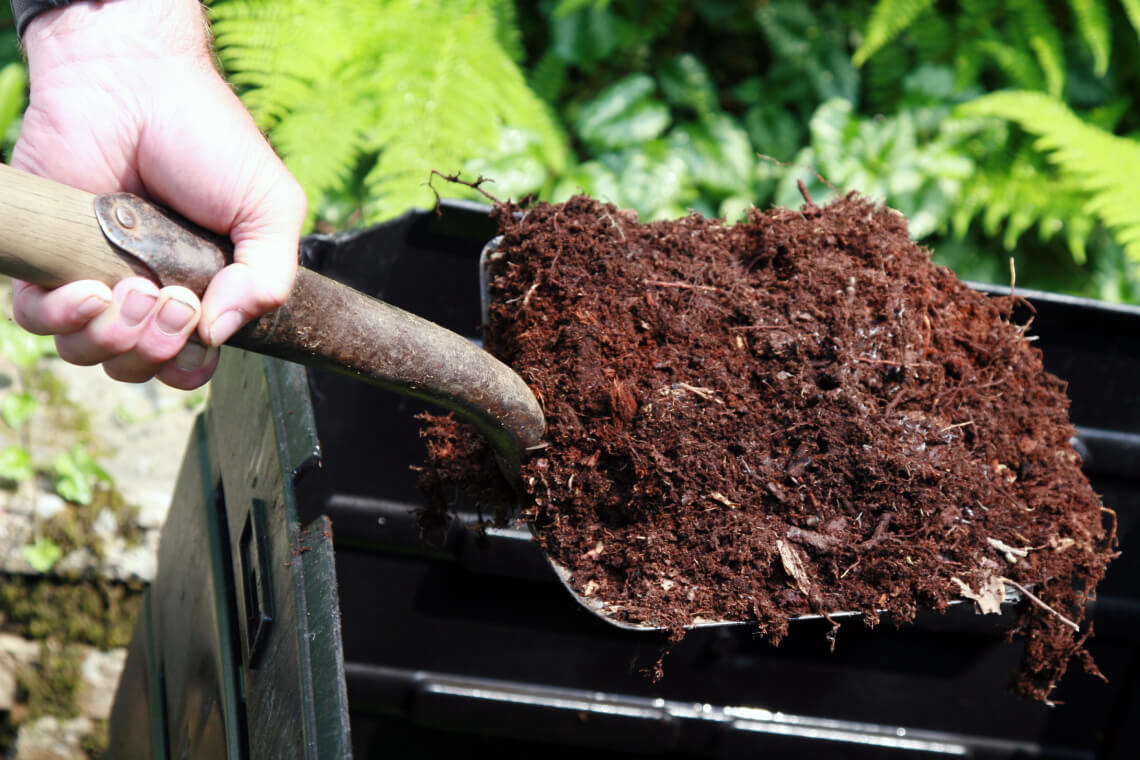Best Organic Fertilizers
Best Organic Fertilizers
Organic gardening has become a trend over the years because having soil that is rich in nutrients is vital when it comes to growing healthy fruits and vegetables. Using organic fertilizers will also help grow more flowers, along with bigger and stronger trees as well.
If you are looking into organic gardening, then you might be wondering where to start. The quality of your soil is one of the most important things to consider. Your soil might have a lot of deficiencies, and the structure may also not be that good. But how do you improve the quality of your soil?
Organic gardening involves the use of fertilizers, but organic or natural ones should be used. However, the problem is that organic fertilizers aren’t really that easy to find. So what are the best organic fertilizers for those who want to start organic gardening?
DIY Organic Fertilizers
Using organic fertilizers can is also great, because you can find most ingredients available in your home or kitchen. Below are some of the best DIY organizers you can make:
Grass Clippings
You can mulch your grass clippings in order to provide your soil with nitrogen nutrients. To make this, you can fill in a five-gallon bucket with at least two-thirds of fresh grass clippings. Mix water in it and let it steep for at least two days, and then apply it to the ground.
Epsom Salt
This is a great organic fertilizer for vegetables. What you can do is to mix in a tablespoon of Epsom salt with water and spray it to your garden plants once in two weeks. This way, you will be replenishing magnesium and sulfur levels in your soil as well.
Up-cycling Fertilizers
There are also other common items that can act as fertilizers instead of simply throwing them in the trash bin. Below are some of them:
- Mix used coffee grounds with dead leaves, grass clippings or in soil to add nitrogen in it. This will work great with plants that love acidic soil, such as roses or hydrangeas.
- Eggshellscan help strengthen the cellular structure and the transporting of nutrients in your plants.
Vinegar
Plain white vinegar is also an effective organic fertilizer for plants that thrive in acidic soil. What you can do is to mix a tablespoon of vinegar with a gallon of water, and use it in your soil about once in three months. Be cautious in altering the level of acidity in your plants though, because too much can harm your plants too.
You can also use the following as well:
- Seaweed
- Worm farm castings
Pre-Mix All-Purpose Organic Fertilizers
There are also various choices if you want to use pre-mixed organic fertilizers instead. You can even mix them with your homemade organic fertilizers, because they can be a great supplement or enhancement. Such option can be a way to improve your soil’s nutrient levels generally:
Dry Organic Fertilizers
Dry organic fertilizers can be made a single material, or a nutrient-rich ingredient. Some may blend in various types of nutrients, balancing the levels of nitrogen, phosphorus and other micronutrients needed by your plants.
Liquid Organic Fertilizers
Plants can also absorb liquid fertilizers through foliar feeding or when spraying them on the leaves. Liquid organic fertilizers are usually made from compost tea or seaweed extract.

